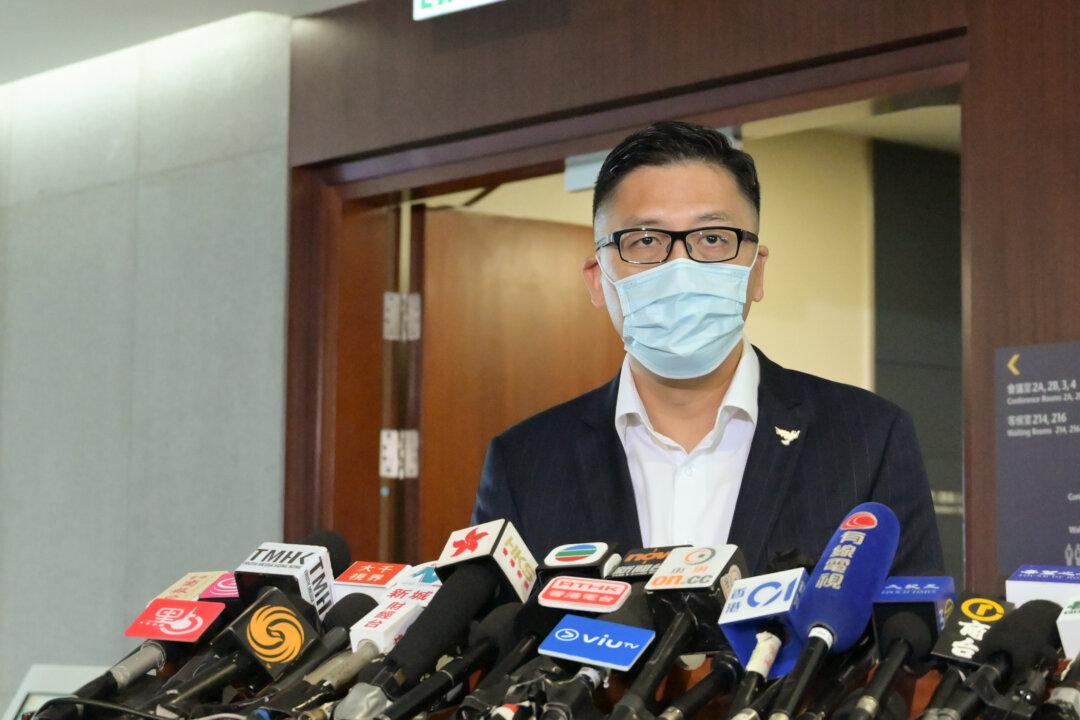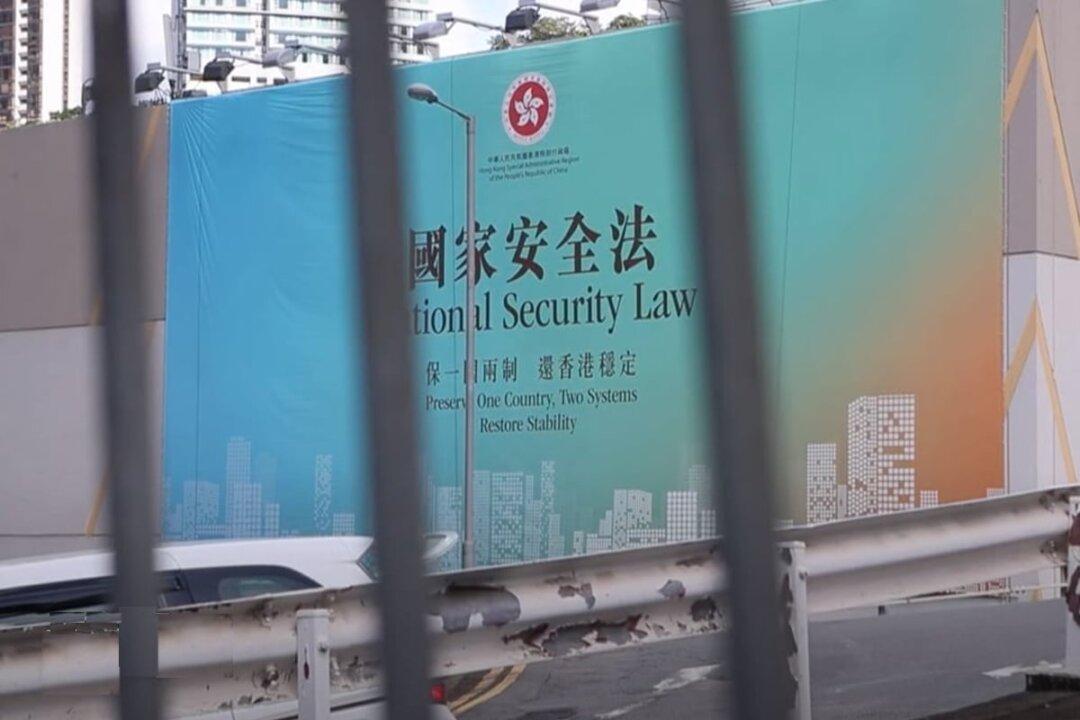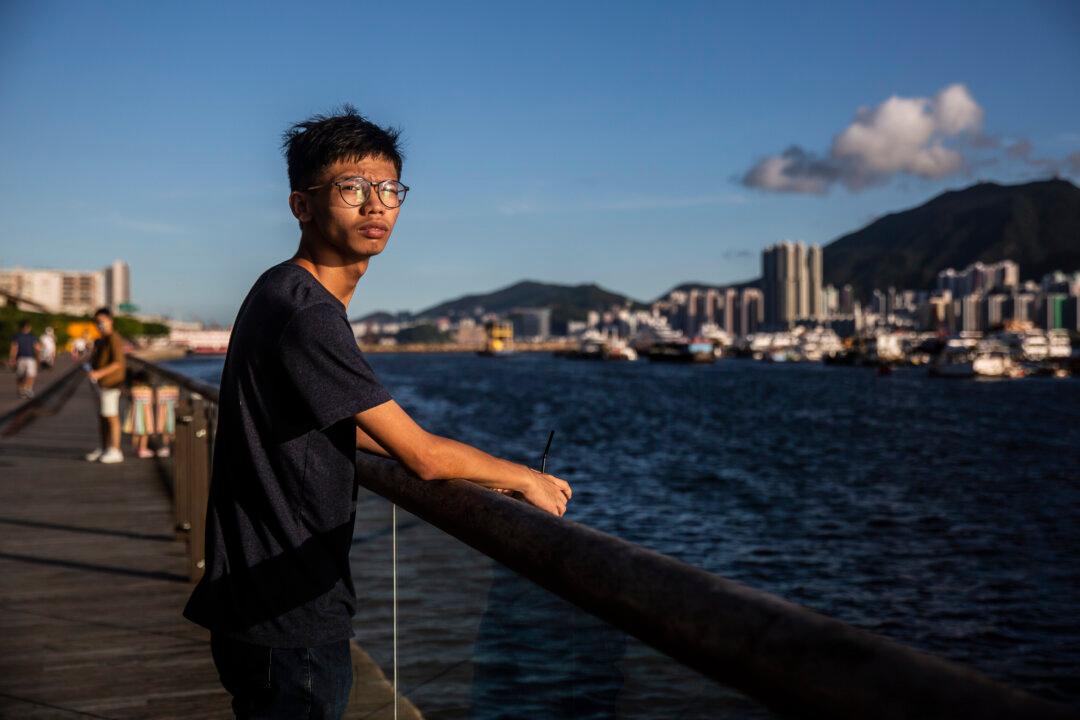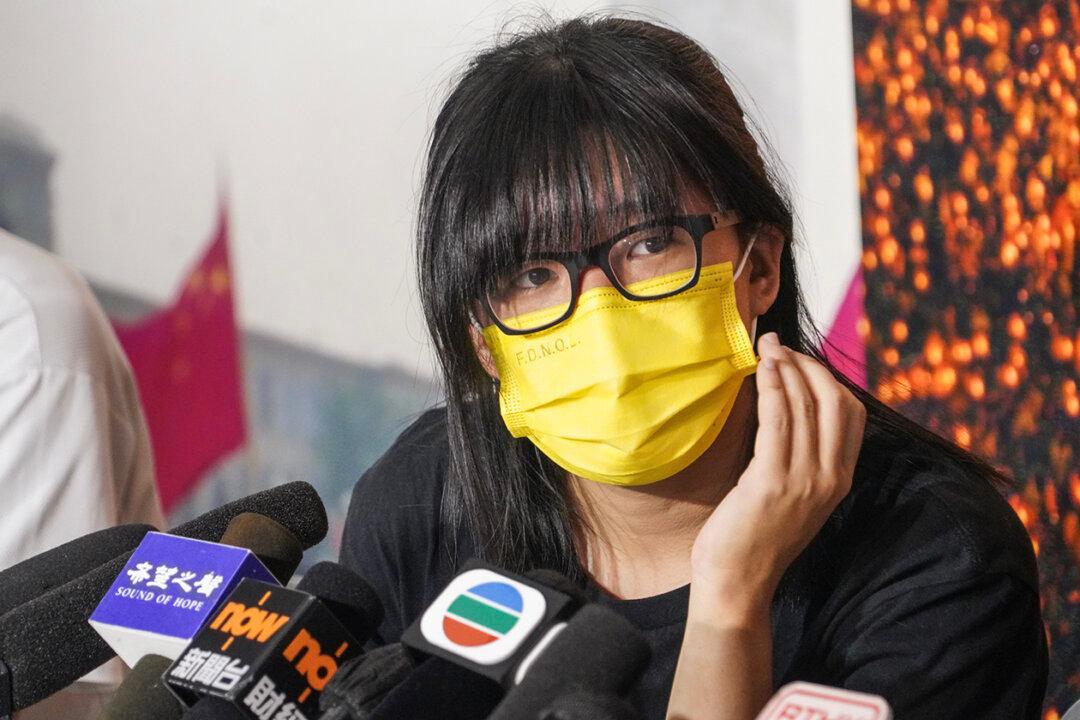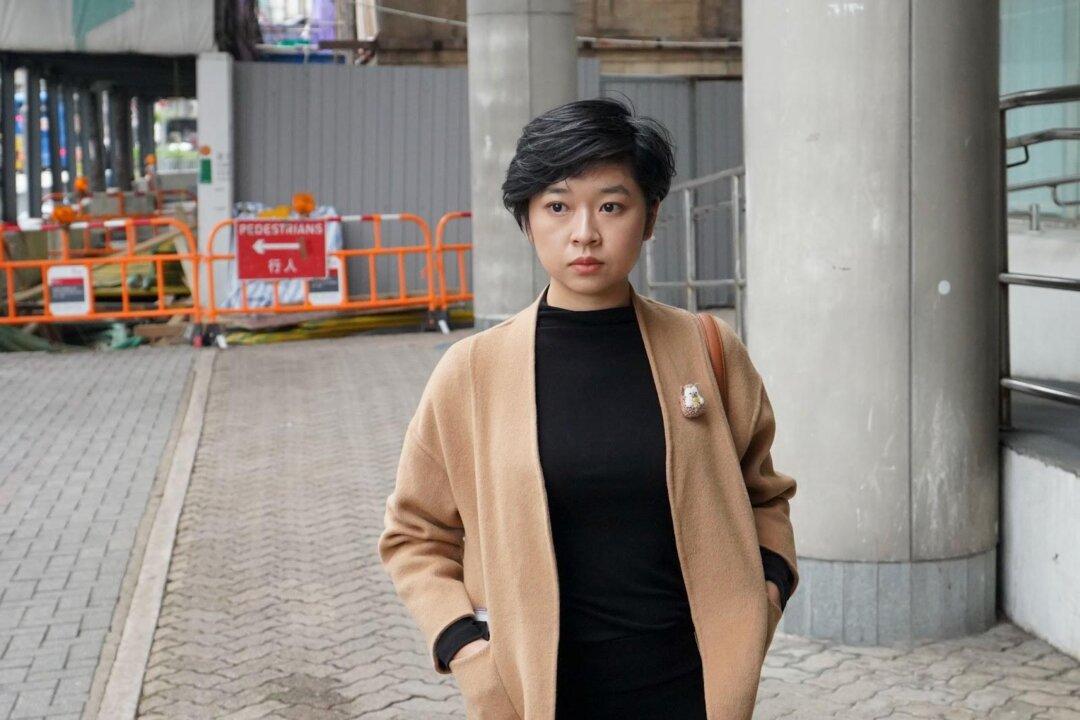A Hong Kong court on Dec. 12 convicted seven people, including former Democratic Party lawmaker Lam Cheuk-ting, of rioting during the controversial 2019 Yuen Long attack after an anti-extradition bill march. Sentencing was postponed.
The other six defendants in the case were identified as Yu Ka-ho, 35, Chan Wing-hei, 37, Yip Kam-shing, 31, Kwong Ho-lam, 26, Wan Chung-ming, 48, and Yeung Long, 26. The court found all of them guilty of rioting.
